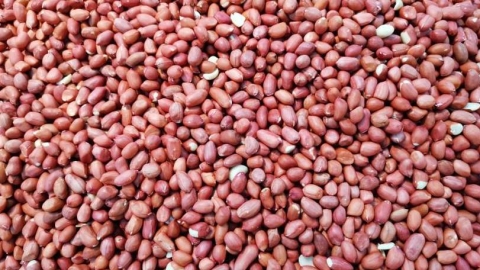Can patients with rectal cancer eat peanuts?
Generally, rectal cancer patients with normal digestive function and without intestinal obstruction or allergies may consume small amounts of processed peanuts. However, those undergoing treatment (such as chemotherapy) who have weakened digestion, intestinal obstruction, or a peanut allergy should avoid eating peanuts. If in doubt, it is recommended to consult a healthcare provider in advance. Detailed analysis is as follows:

If rectal cancer patients are in a stable phase of the disease, not receiving treatments such as chemotherapy or radiotherapy that may affect digestion, and have normal bowel function without discomfort such as abdominal pain, bloating, or difficulty defecating, and no history of peanut allergy, they may consume small amounts of easily digestible processed peanut products like boiled peanuts or peanut butter. Peanuts contain beneficial nutrients such as protein and unsaturated fatty acids, but intake should be controlled to avoid overburdening the intestines. Chewing thoroughly is also important to aid digestion and absorption.
For rectal cancer patients undergoing treatment—especially those experiencing gastrointestinal side effects such as nausea, vomiting, or diarrhea after chemotherapy, indicating weakened digestive function—or those with intestinal narrowing or obstruction causing difficulty in bowel movements, as well as individuals with peanut allergies, consuming peanuts is not recommended. Peanuts are relatively hard in texture, and unprocessed peanuts contain high levels of coarse fiber, which may irritate the intestinal mucosa, worsen diarrhea or abdominal pain, potentially trigger intestinal obstruction, or in allergic individuals, lead to risks such as rashes or breathing difficulties.
Rectal cancer patients should follow a diet that is light and easy to digest. When introducing new foods, they should carefully monitor their body's response. If symptoms such as bloating or abdominal pain occur after eating peanuts, consumption should be stopped immediately and medical advice sought to ensure dietary safety.








